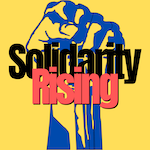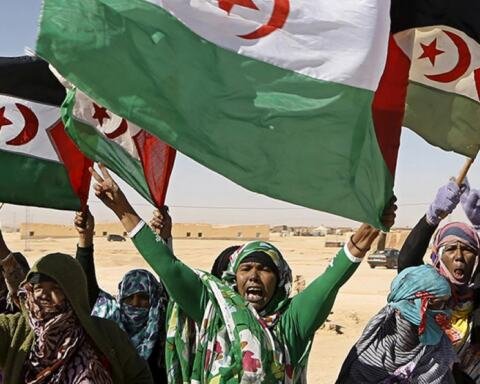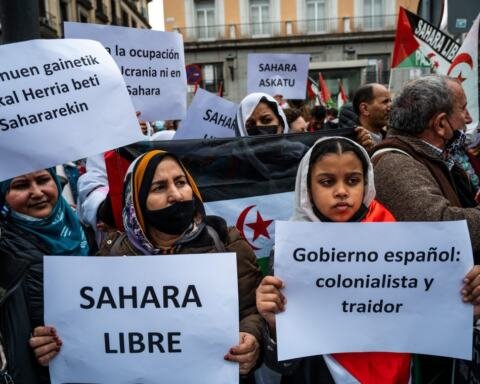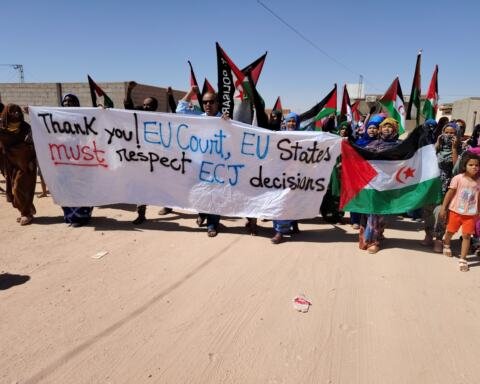In January 1992, the military regime in Algeria interrupted the electoral process when the Islamic Salvation Front (FIS), the main opposition party, seemed poised to win an overwhelming majority in parliament. Many countries disapproved of the military’s termination of the country’s promising democratic experiment, and Algeria entered a period of international isolation from which it has begun to emerge only recently.
Suspicion toward the regime, both domestically and internationally, was widespread. Algeria’s notorious lack of international communication generated persistent and sometimes far-fetched speculation about the reality of the country’s internal affairs. Not surprisingly, outside powers were ill-informed about Algerian affairs. Given the existence of multiple centres of power within the central government, Algerian diplomats themselves were uncertain about their country’s foreign policy
Full article
The-resurgence-of-algeria-s-foreign-policy-in-the-twenty-first-centurySource: Taylor & Francis Online
Support our work
Support our work
Support our work with a one-off or monthly donation
AuthorYahia H. ZoubirYear2006Pages16LanguageEnglish
Share via
Related resources
The Western Sahara Dispute: A Cautionary Tale for Peacebuilders
The UN and MINURSO have succeeded neither inconducting a referendum nor in…
Western Sahara as a Hybrid of a Parastate and a State-in-Exile: (Extra)territoriality and the Small Print of Sovereignty in a Context of Frozen Conflict
Within the liminal universe of parastates, what makes Western Sahara/SADR…
The Front Polisario Verdict and the Gap Between the EU’s Trade Treatment of Western Sahara and Its Treatment of the Occupied Palestinian Territories
Morocco’s control over Western Sahara and Israel’s control of the West Bank…



